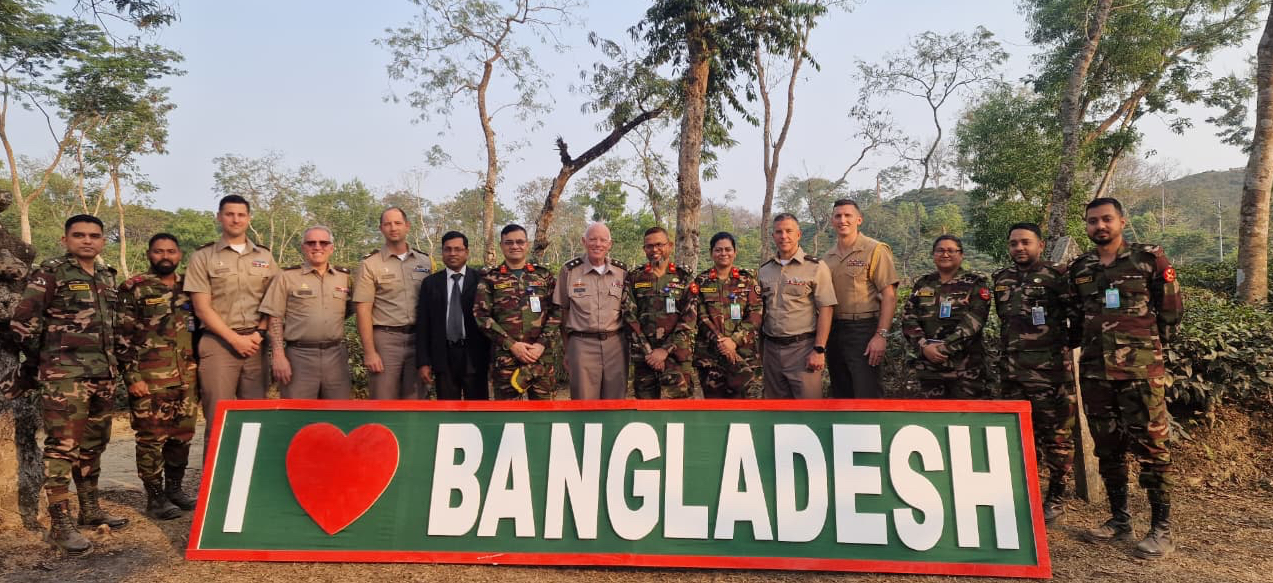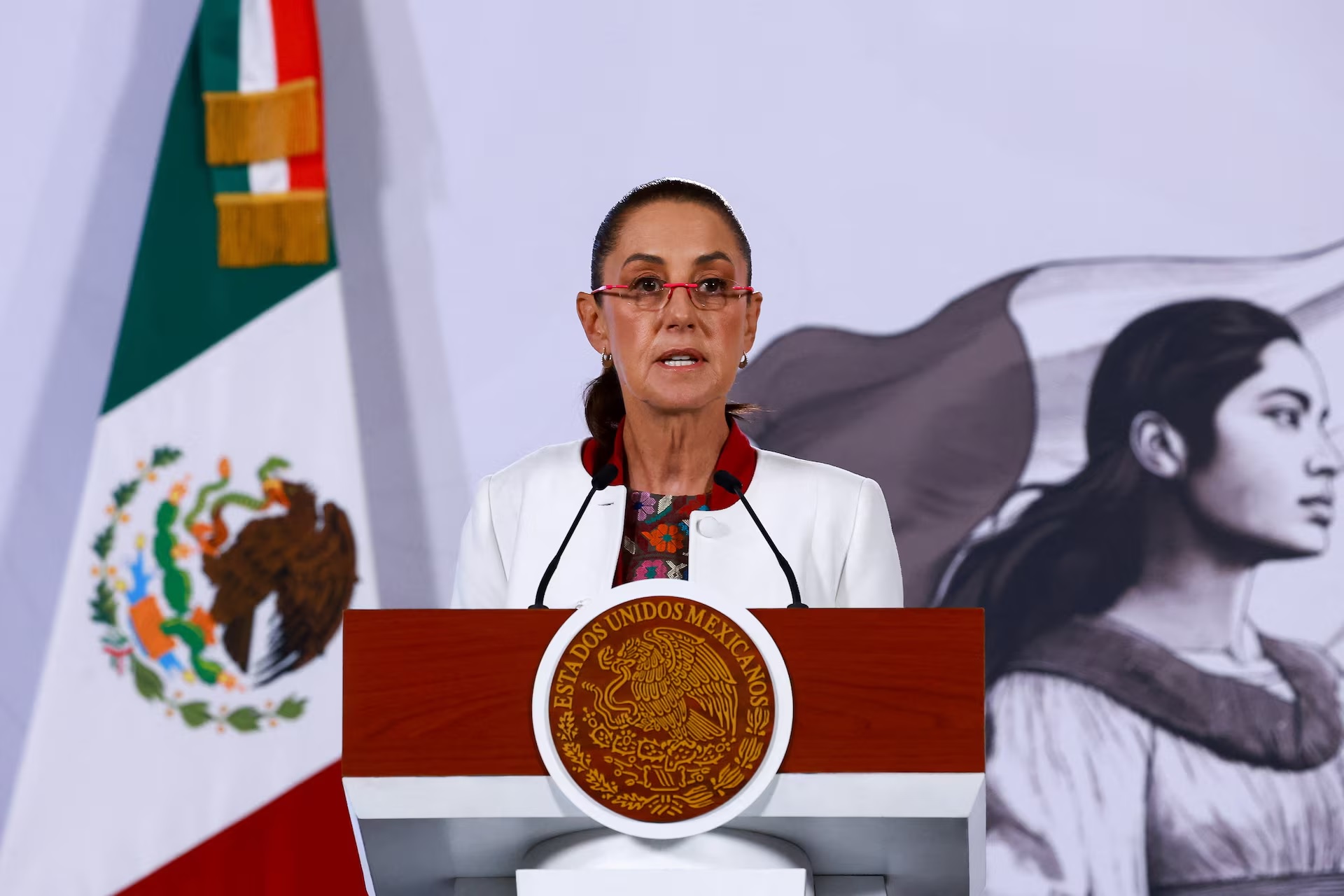Consultative Meeting on Tuberculosis Eradication held

Bangladesh remains at the forefront of the global battle against Tuberculosis (TB), grappling with a substantial public health challenge as the country is one of the world’s 30 high TB burden nations. In 2023, treatment coverage reached 79 per cent, and 95 per cent of diagnosed cases successfully completed treatment. However, with an estimated incidence of 221 per 100,000 population, and a concerning 21 per cent of cases remaining undiagnosed, Bangladesh continues to face a significant burden.
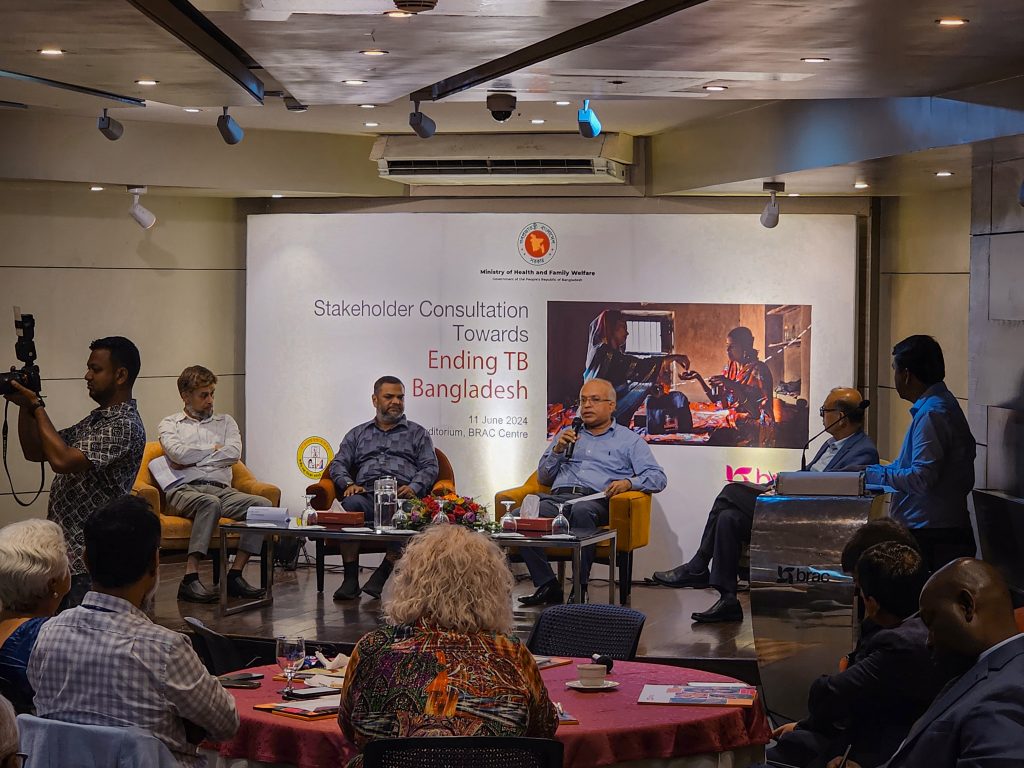
In a concerted effort to expedite progress towards ending Tuberculosis in Bangladesh, the National Tuberculosis Control Programme (NTP), Directorate General of Health Services (DGHS), in collaboration with the Stop TB Partnership, The Global Fund, and BRAC, convened a Stakeholder Consultation on 11 June, Tuesday at BRAC Centre in Dhaka. The consultation featured a panel discussion titled ‘To End TB: What We Are Doing and What More Can Be Done’, engaging key partners who played pivotal roles in the national and global fight against TB.
Dr. Lucica Ditiu, Board Member of The Global Fund and Executive Director of the Stop TB Partnership noted, “18 to 20 per cent of patients are yet to be found, and they are the most difficult to find. They have vulnerabilities that keep them hidden, such as low income, remote living areas, being sex workers or migrants, or factors related to religion or race. Extra effort needs to be put in for these people. We need to provide access to treatment for them and be smart in investing in resources and technology that can help fight TB and other diseases.”
Dr. Eliud Wandwalo, Head of Tuberculosis at The Global Fund, said, “The fight against Tuberculosis in Bangladesh is no longer just about capacity or strategy. What needs to be scaled up to reach that last mile of success is access to the right resources.”
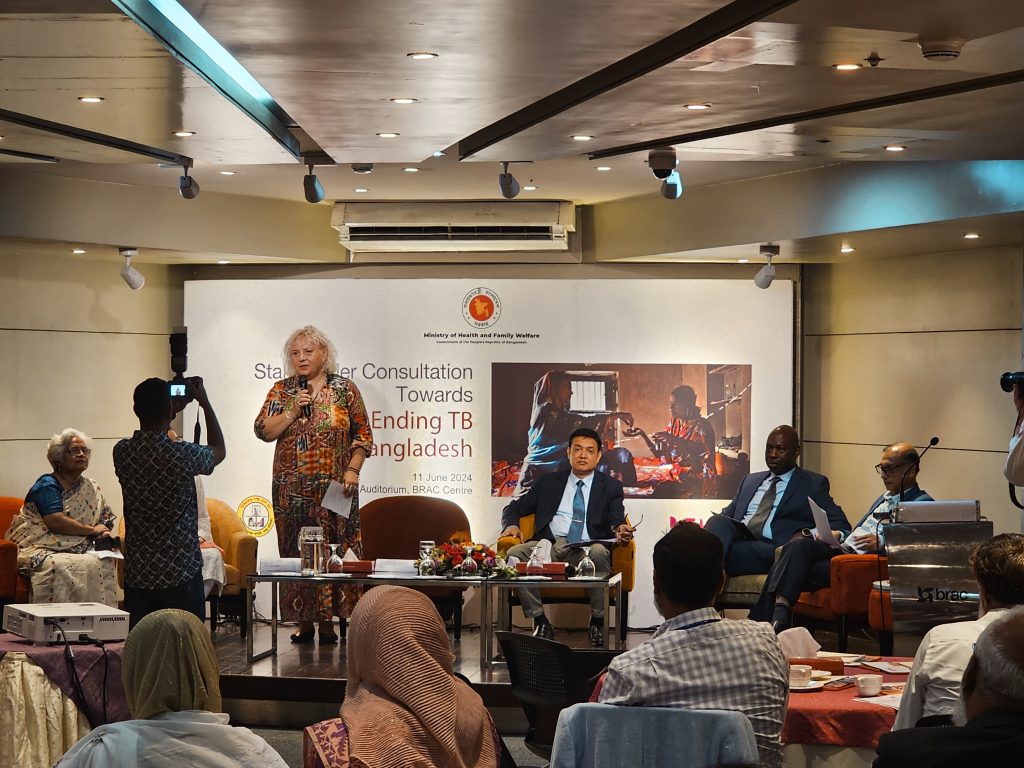
Dr. Md. Akramul Islam, Senior Director of BRAC Health Programme (BHP), commented, “Bangladesh has made remarkable progress in reducing the TB burden over the last two decades, but it still has a long way to go to eliminate TB. To reach the WHO, Sustainable Development Goals (SDGs), and End TB targets, we require the highest level of government commitment, domestic financing support, and donor funding to fight this disease and save all lives affected by TB.”
Peter Sands, Executive Director of The Global Fund, also delivered speech at the event. The stakeholder consultation also included panellists Dr. Md. Zahangir Kabir, Programme Manager of TB at NTP, DGHS; Dr. Samina Choudhury, Infectious Disease Team Lead at USAID, and Dr. Anupama Hazarika, Medical Officer, Communicable Diseases at WHO Bangladesh.
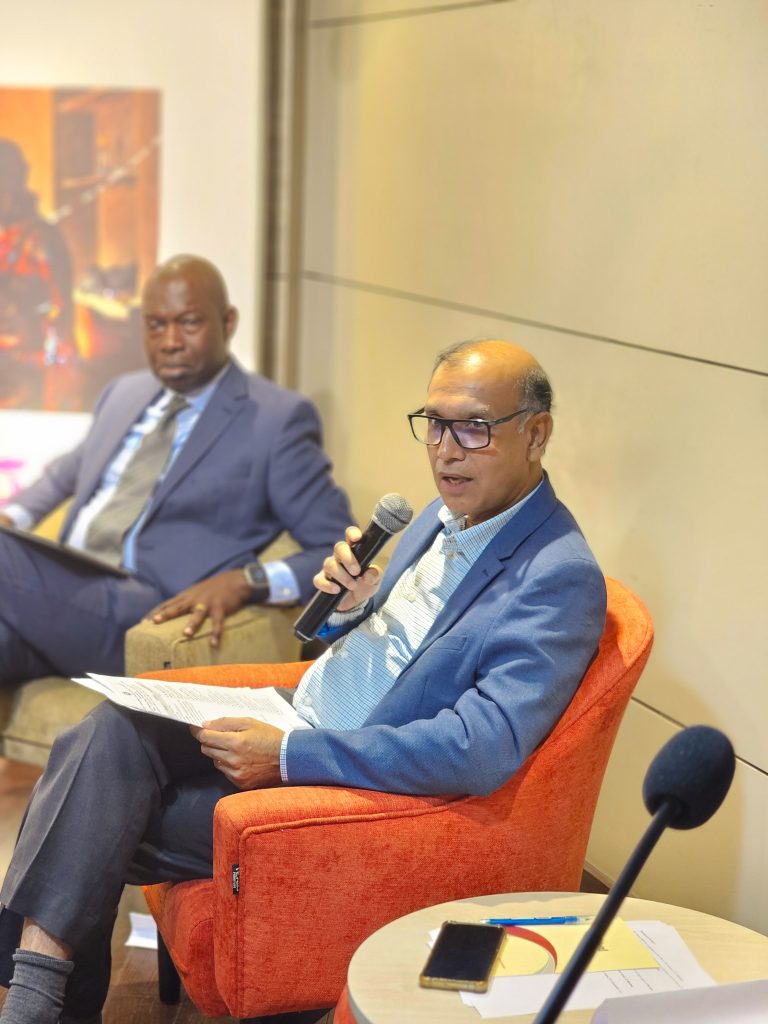
TB patient Farzana Akhtar shared her journey to recovery at the event. She said, “When the test results came back positive, I was extremely worried. However, after consulting with the BRAC Shasthya Shebikas (community health workers) in our area, I started taking my medication. I did a cough test again after two months of continuing the medicine, and there was no trace of the bacteria found in the test! I am currently completing my three-month course of medication and can feel myself getting better each day. I am immensely grateful to BRAC and the government for their support in my journey to recovery.’
National TB Programme Overview:
The goal of the TB Control Programme in Bangladesh is to reduce morbidity, mortality, and transmission of TB until it is no longer a public health problem (end the TB epidemic, aiming to achieve a target of 10 new cases per 100,000 per year by 2035). The National TB Control Programme, in collaboration with BRAC and implementing partners, has been working since 1965. While NTP is responsible for policy, planning, management, monitoring, and implementation of TB services, BRAC and other NGO consortiums are associated with community-level implementation. NTP and BRAC are principal recipients (PRs) of the Global Fund. The goal of the programme is to reduce the morbidity, mortality, and transmission of TB until it is no longer a public health problem.



